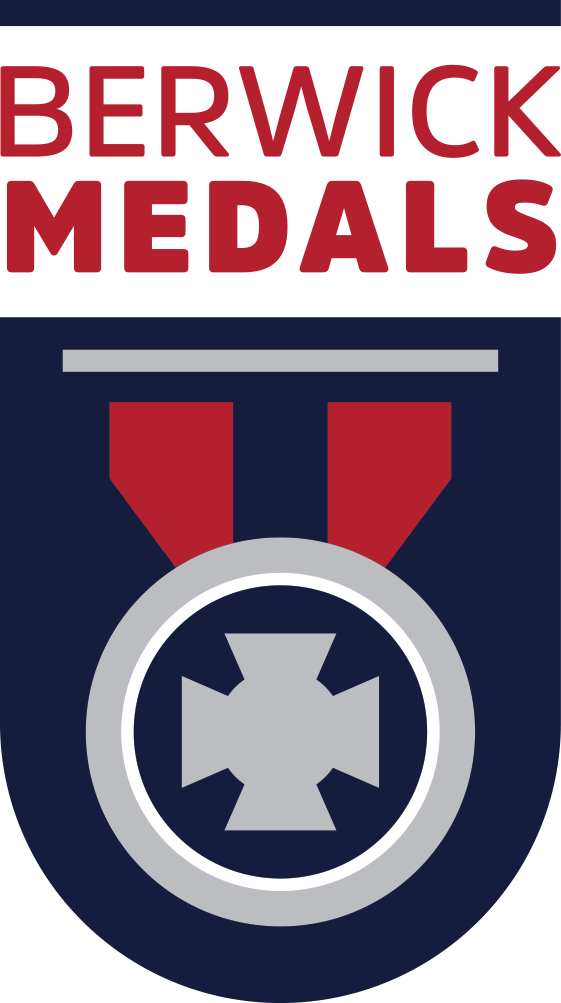Unseen cost of Remembrance.
Australia faces potential disaster with hundreds of sets of Military Medals in danger of being lost forever.
With 100th Anniversary of World War One ceremonies underway all across the world and the 2015, ANZAC Day services fast approaching, Australians from all walks of life are preparing to take part. A crucial part of participating in these services is, for most people, wearing the medals of deceased family members on the right hand side of their chests.
While this practice is great for remembrance and a wonderful show of respect, families unwittingly put totally irreplaceable medals at risk every time they do it. As a medal mounter I have the distinct displeasure of telling at least one family every year that the medals they just lost, damaged or had stolen while wearing them on ANZAC Day, are utterly irreplaceable. There is no situation under which the Directorate of Honours and Awards will reissue medals once the recipient of those medals has passed away.
It is extremely important that family members understand this and appreciate what original medals stand for. How important they are. When you think of all the service people Australia has sent into danger over the years, all their suffering, all their work, their gallantry, all the horrors they witnessed and the thousands of lives sacrificed, you need to remember that all they got for their service, all they will ever have to show for it, is a simple set of medals. That’s it! We don’t give them anything else.
A set of medals tells the story, in part, of a person’s service to their country. From active military service in war-zones, to honourable civilian service at home by ordinary, everyday people. A person in the know (a military medal geek like me) can look at a set of medals on the chest of someone on ANZAC Day and tell you a lot about what that person has done. For example what war zones they have been into. The years spent in the military or even if they have been decorated for outstanding service or gallantry.
Many Australians are lucky enough to still have medals once awarded to a long gone family member who fought during The Great War and it is these medals that I am most worried about. World War One and World War Two are the biggest things that have ever happened to this nation. Heck to this whole planet really, at least as far as humanity is concerned and if you have a family member who was involved in one of those wars it is a really big deal.
If you still have the original medals given to that family member in your possession then you must understand just how lucky you are. Due to the attrition of time, most families do not. One hundred years is a frighteningly long time and guess what… another hundred will eventually pass and those medals will still be all your family will have to remember the service given. There is nothing else.
I have had quite a few people come to me, including a couple of children of original ANZACs, themselves now in their nineties, asking me to remount their father’s medals because they are going to Gallipoli for the 100 year service and understandably want to wear them. Let me just say that the thought of people taking original WW1 medals overseas to wear in public terrifies me.
Of all the really bad ideas people have about what to do with war medals, this is easily the worst. You should never, never-ever… never, never,never, wear original medals from any war anywhere! Least of all World War One medals to a crowded service in a war torn country in the Middle East! It is the height of foolishness and totally unnecessary.
As the son of a Vietnam Veteran, Grandson of a WW2 Veteran and a Great and Great-Great Grandson of two WW1 veterans, I totally understand why people would want to do it, but can’t for the life of me understand why they don’t think to leave the original medals at home and just wear replicas. Yes, replicas!
As I have said, medals are a representation of a person’s service. When you wear the medals of a deceased family member on your right hand side on ANZAC Day, what you are doing is saying that hey, my Dad or whoever fought for his country and has earned the right to be honoured on this day but he is no longer hear so I am presenting myself, with his medals because he cannot.
You then, like the medals, are a representation of the service provided by that family member. You, in fact, are a replica of the man or woman who was originally awarded the medals so there is absolutely no reason whatsoever that the medals you wear be original.
So go to all the services you can, it’s important that you do, but ignore this advice at your peril. I can name many customers of mine who have gone before you and now have to live with the fact that due to their own foolhardy decision to wear original war medals on ANZAC Day, their family faces the next one hundred ANZAC Days without them.
Lest we forget.
Michael C. Madden
